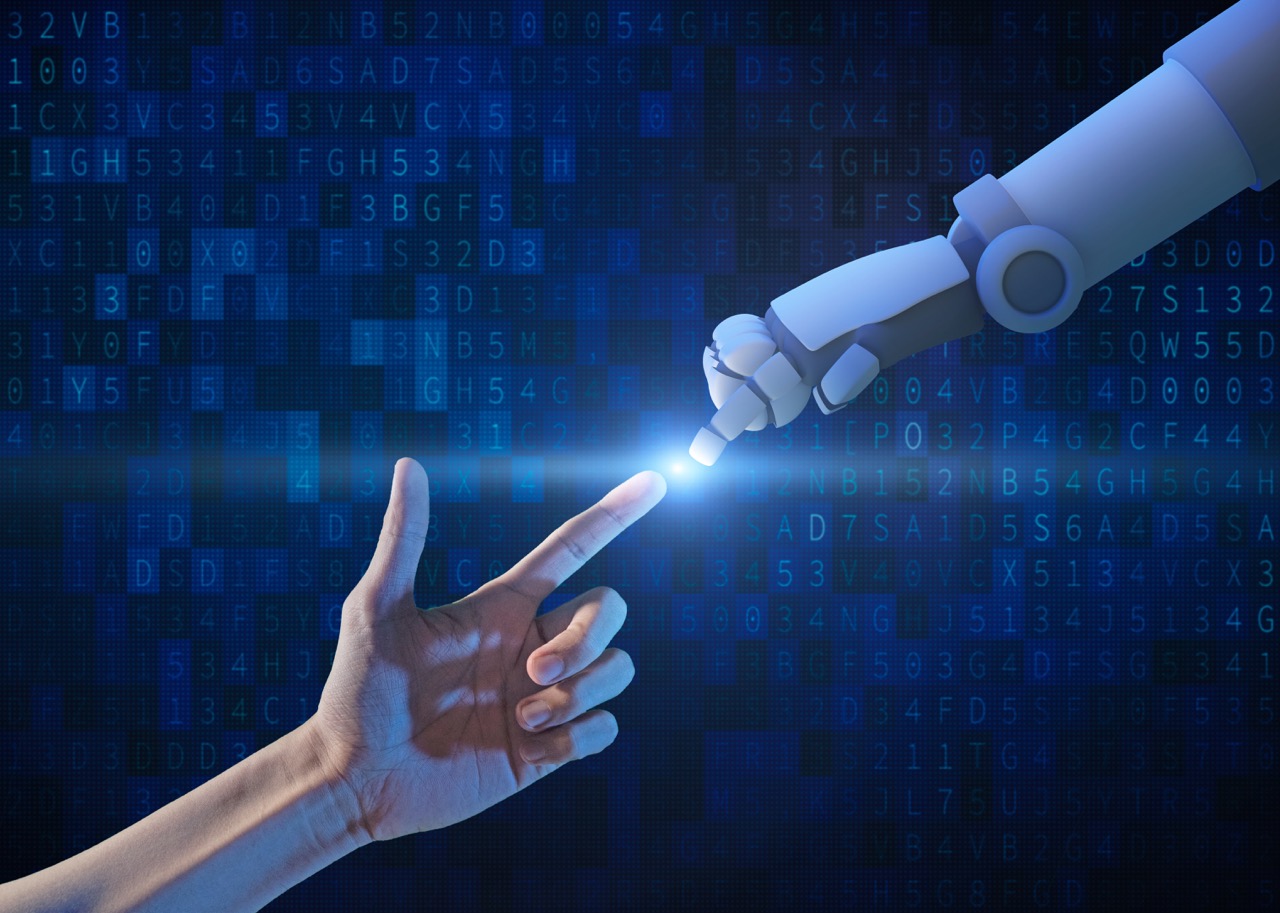Your basket is currently empty!

AI and the Future of Work: What Does It Mean for Us?
Artificial intelligence (AI) is a rapidly growing field that is changing the way we live and work. Recently, a new AI program called ChatGPT was launched, and it has the ability to write almost anything you can think of – from articles and stories, to computer code and more.
But as with any new technology, there are concerns about how it will impact the workforce. Will AI take away jobs and lead to widespread unemployment? Or will it augment human capabilities and make our lives better?
It’s true that AI has the potential to do things faster and better than humans. However, it still needs us to make it work. For example, people have to gather information and program the software for the AI to use. And without human labor, nothing would ever be made.
This raises an important question: What is the true value of human labor in the age of AI? Some argue that AI can be used to take the drudgery, stress, and hardship out of work, and free us from the long hours we spend doing it. But others fear that it will be used to make us more “efficient” – to squeeze more out of us and make us work harder for less pay.
The truth is, it’s up to us to decide how we use AI. And it’s important to consider the broader implications of this technology on our society and economy.
It’s also worth noting that AI is not a monolithic entity. There are different types of AI, and they have different capabilities and limitations. ChatGPT and Dall-E, for instance, while both developed by OpenAI , one produces text, the other images. So, it’s important to understand the specific capabilities and limitations of the AI tools that we are using.
One thing is certain, AI is a big part of our future and it’s important to understand how it works and what it can do. As we move forward, let’s be mindful of the potential consequences of this technology and strive to use it for the betterment of all.

Leave a Reply
You must be logged in to post a comment.